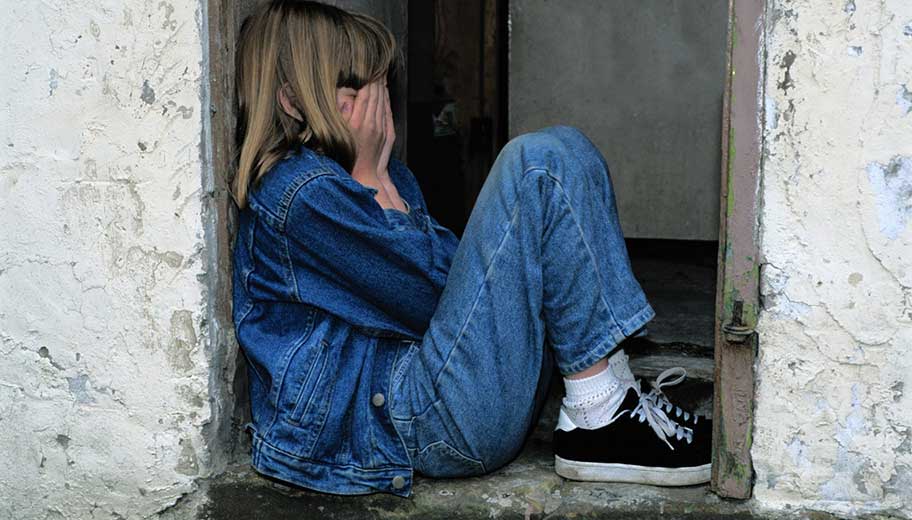
I still vividly remember my father’s funeral. I was standing outside the church when one of my father’s friends approached – You are now the man of the family, – For a 12 year old boy, it was a pretty heavy burden.
Mark Lemon
Years ago, children played in gardens or in the countryside, close to nature, and observed life cycles. They had a closer coexistence with their loved ones: grandparents were accompanied in their illnesses and when they died, funerals were held in their homes. In our time, despite access to media information, medical advances, and constant migration, children have distanced themselves from the knowledge of death and the way in which mourning is experienced throughout life.
In addition to the losses that are always experienced for various reasons, the children of our time are exposed to violence in the media, and even in their schools. We, adults, are responsible for providing them with healthy environments in an integral way, which is their right, and therefore we must watch over their growth where mental health prevails until adulthood.
Many people describe mourning the death of a loved one as something that does not end or is not forgotten and is transformed over the years. Children who have experienced the death of loved ones experience grief intensely, this is reflected in their mood and physical health, as they recognize the absences from an early age. Depending on the education they have received in this regard, is how they will face pain, and sadness and learn to live with future losses in this way.
If you find yourself in the circumstance of accompanying a grieving child, whether you are facing a terminal illness or that of a loved one, or because you know a little one who has had a very significant loss, here are some #tools:
- Don’t wait for a ‘better opportunity’ to live with your children or grandchildren through the experiences of their childhood, now is the time to provide them with your love, and your presence and to have memories together.
- He always talks about death with the children, as part of the life cycle; he points out that real life does not restart as in a video game, but that it ends. When a pet dies, when a plant withers, when there is a move, a change of school, or when a toy breaks, there is no replacement, there is a new experience.
- According to experts, children can attend ICUs (Intensive Care Units), if they have a very sick loved one there. Explain to them what they will see according to their age, and they will understand better than you think the functioning of the human body in such circumstances. During the mental growth of children, it is important to stick to concrete facts and give realistic explanations.
- As adults we have the responsibility to learn to handle our own grief in a healthy way, to express our emotions, and to understand that there is no right way to do it. Do not feel weak or vulnerable in front of children, people have feelings of pain that we must express; it is an example for the new generations that grief must be lived, not repressed.
- Always keep prevention in mind: arranging probate matters, or contracting a funeral service plan while in full health, is to leave our descendants protected if one day, unwanted, they would be left without our support. Other parents have foreseen who would be left to care for their young children in the event of their death.
- A child’s grief does not define him or her, nor does it make him or her a victim; it is a circumstance in his or her life. While orphanhood would be the worst adversity, it can become an opportunity to be stronger in the face of uncertainty, to receive support from their adult community, to receive affection, and shelter, to help them, to share with that boy or girl their new choices. Children want to get on with their lives, play, have birthday parties, have friends, and go to school, even in grief. That doesn’t mean they don’t feel the loss, but they have the right and the ability to be happy again.
- The experience of a terrible childhood bereavement turned writer Mark Lemon into a coach and thanatologist, here you can read his testimony.
- When a child is suffering a loss, ask him/her what he/she feels, and what he/she needs, and accompany him/her to remember that loved one with love. Encourage them to write a letter or draw a picture of their loved one to express their feelings. Remind them that pain can heal.
- We recommend the ART (Acceptance, Re-encounter, and Transcendence) collective, as they are experts in thanatology, and on the first Saturday of every month, they offer relevant information, this time through the webinar: How children live through grief, which you can watch here.
At Del Pueblo Funeral Home we believe that childhood should be lived to the fullest and protected and, in the event of a fatal loss, we offer support tools for children to continue their healthy growth and learning. Thus, we remind you that we make the most difficult moments easy.
